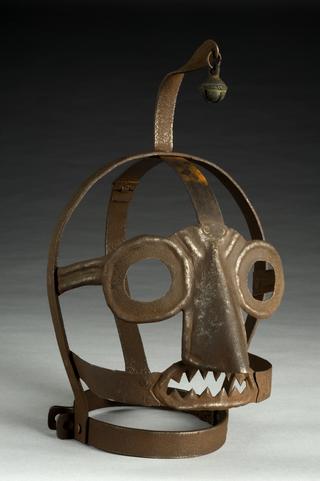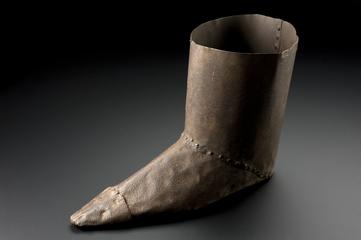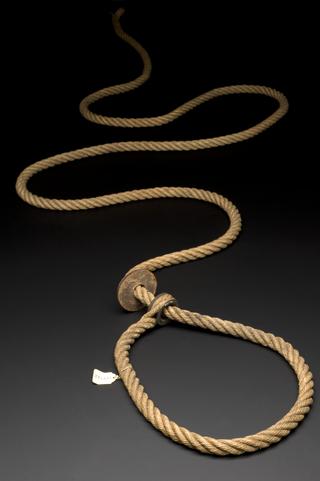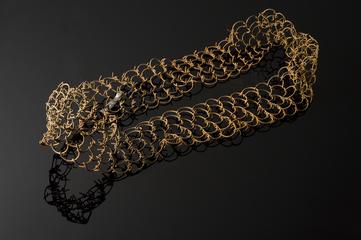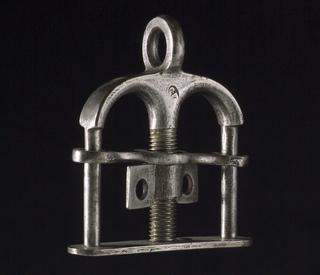












Silk shawl belonging to Florence Nightingale
Nightingale was often called the ‘Angel of the Crimea’ for her work during the Crimean War (1853-1856), reforming the hospital at Scutari, Turkey. During the war, more soldiers were dying of water-borne diseases such as cholera and typhus than from battle-inflicted wounds. Nightingale was believed to have dramatically reduced the death rates of soldiers from 40% to 2% in two years. She enforced cleanliness and special diets, and improved the hospital’s day-to-day running.
Recent research suggests the increase in survival rates was mainly due to improved sewage and ventilation systems rather than nursing standards. However, despite Nightingale’s mistaken belief that foul-smelling air-borne ‘miasmas’ caused infection, her improvement of hygiene standards helped reduce deaths. Florence Nightingale later established nursing as a modern profession.
Details
- Category:
- Wellcome (general)
- Collection:
- Sir Henry Wellcome's Museum Collection
- Object Number:
- A87224
- Materials:
- silk
- Measurements:
-
overall: 1400 mm x 1230 mm
- type:
- shawl
- credit:
- Cawston, M.

